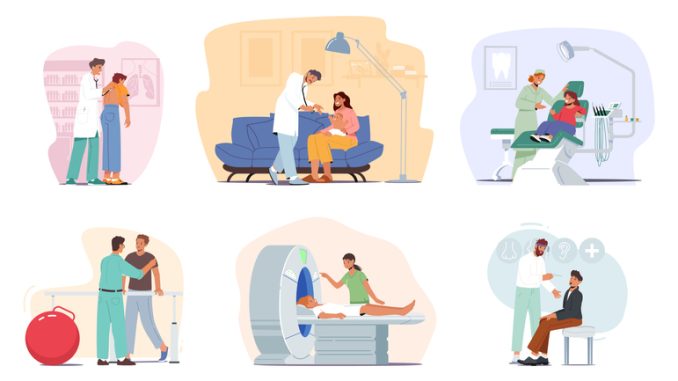
Amidst constrained budgets and staffing shortages, the NHS communications profession stands at a crossroads, facing both opportunities and challenges. This comprehensive report, crafted by the NHS Confederation, NHS Providers, and the Centre for Health Communications Research, sheds light on the state of the profession and sets out a roadmap for the future
CREDIT: This is an edited version of an article that originally appeared on NHS Confederation
Drawing on insights from nearly 200 communications leaders, including the most senior professionals in NHS trusts and integrated care boards (ICBs), the report provides a nuanced understanding of the demographics, challenges, and aspirations of the NHS communications workforce.
Diversity and representation
Despite progress in some areas, the report reveals concerning trends, particularly regarding ethnic diversity. With less than 5% of senior NHS communicators from ethnic minority backgrounds and a lack of representation mirroring local communities, the profession grapples with ongoing challenges in fostering inclusivity.
Gender dynamics and pay parity
While women make up the majority of senior NHS communicators, disparities persist in pay and representation at the highest echelons. The report highlights the need for addressing gender imbalances and ensuring equitable opportunities for all professionals within the field.
Resourcing and recruitment
With budgets under strain, NHS communicators face mounting pressure to do more with less. Reductions in both staff and non-pay budgets pose significant challenges, impacting training, recruitment, and retention efforts across the board.
Adapting to change
The COVID-19 pandemic has ushered in a new era of remote and hybrid working, prompting a shift in traditional ways of working. While many embrace the flexibility afforded by remote arrangements, challenges such as burnout and organisational change loom large on the horizon.
As the NHS navigates a landscape of evolving reputational challenges and fiscal constraints, communication strategies must adapt and innovate. By addressing key issues such as diversity, resourcing, and changing work patterns, practice managers can chart a course towards more effective communication strategies, ensuring the delivery of high-quality care amidst the challenges and opportunities that lie ahead.
Read the full report here.


Be the first to comment